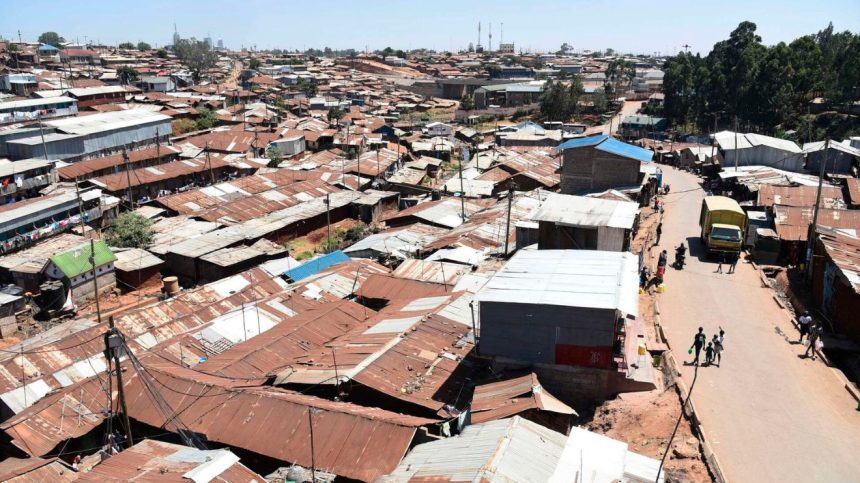The government has announced an ambitious plan to employ over 300,000 youth across the country in a bid to bolster the construction sector.
The moves comes on the day President William Ruto assented to the Affordable Housing bill which is aimed building houses that will benefit the low salaried and also offer employment opportunities.
Speaking during the assent of the bill at State House, Nairobi, Housing Cabinet secretary Alice Wahome emphasised the potential of the program to create avenues for income generation.
The CS noted that currently, more than 120,000 young men and women are already engaged in various construction projects across the nation.
“We anticipate having 300,000 youths working on the sites once we put in place the balance of the 48,000 units,” Wahome stated, underscoring the government’s commitment to scaling up employment opportunities in the construction sector.
The initiative is expected to not only provide employment but also contribute to the development of critical infrastructure nationwide.
With a focus on housing construction, road development, and other key infrastructure projects, the government aims to stimulate economic growth while addressing the pressing issue of youth unemployment.
At the event, President Ruto announced an ambitious plan to transform Kibera slums into a residential estate.
“In ten years, we will not have slums in Kibera. We will replace them with houses that will give dignity to residents,” he vowed.
Kibera is among the low income residential areas in Nairobi. Residents are known to lack basics including water and toilets.
“The housing project only has two aims, It’s not just to build more houses but to create more employment opportunities,” said President Ruto.
Furthermore, the employment drive aligns with broader efforts to harness the demographic dividend by empowering the youth through gainful employment and skills development.
Salaried Kenyans will be required to contribute 1.5% of their income towards this project. That amount will be matched by the employer.



